The Tiny Dancer is still dancing.
And singing.
And she swims, rides horses, plays piano and so much more.
Lily-Mae Morrison, a girl from Ireland whose battle against a deadly cancer inspired a country, keeps as busy as any 8-year-old possibly could. Her full life has even included a meeting with Elton John. His song “Tiny Dancer” became the rallying cry for Lily-Mae’s supporters, helping to raise funds for her medical care.
Lily-Mae and her 6-year-old brother, Evan, cuddled up in an armchair this week at Spectrum Health Helen DeVos Children’s Hospital and posed for photos, giggling and grinning.
“She’s just a normal child,” said her mother, Jude Sibley. “Modern science has given her the chance to grow up.”
When her doctor, Giselle Sholler, MD, walked into the room, Lily-Mae ran to her and leaped into her arms.
The hospital has become like a second home for Lily-Mae and her family. In the past three years, they have made multiple trips to Grand Rapids, Michigan, as Lily-Mae took part in a research trial.
Becoming ‘Tiny Dancer’
When Lily-Mae was 4 years old, her parents learned she had stage 4 neuroblastoma, a cancer of the nervous system. A tumor wrapped around her left adrenal gland and the cancer had spread through her bone marrow.
She underwent the standard treatment―a tough, two-year course that includes chemotherapy, radiation and a bone marrow transplant―and was declared cancer-free.
But her parents worried about whether the cancer would come back. Neuroblastoma has a 50 percent relapse rate. And for those who relapse, survival rates are low.
Through online contacts, Lily-Mae’s mother learned about research into neuroblastoma led by Dr. Sholler.
Sibley and her husband, Leighton Morrison, both professional dancers from Claregalway, Ireland, began to raise funds to help pay for Lily-Mae’s treatment in the U.S. Many of Ireland’s best known singers came together to record “Tiny Dancer” in honor of Lily-Mae.
The song reached the top of the charts in Ireland and became the second-highest selling charity single in the country. Elton John, who became a supporter of Lily-Mae, met her backstage before a Dublin concert in 2014.
The meeting just reinforced Lily-Mae’s career goal. She plans to be a rock star when she grows up.
In November 2013, Lily-Mae became the 32nd child enrolled in a phase 2 clinical trial testing whether the DFMO could prevent relapse of neuroblastoma.
She took DFMO―short for difluoromethylornithine―for two years.
Having wrapped up treatment a year ago, she returned this week for a checkup. Her parents heard the news they hoped to hear: Her scans showed no sign of cancer.
“She’s perfect. She’s wonderful,” Dr. Sholler said. “She’s as good as she could ever be.”
In a year, Lily-Mae will return for her five-year checkup.
“The person giving me my scan said at my next scan, which will be my last one, I’m going to get a really big prize,” she said.
Her treatment plan may call for only one more visit, but her parents said they will continue to return to West Michigan.
“Michigan people are so friendly,” Sibley said. “Everyone is so welcoming.”
Lily-Mae’s parents were pleased to know their visit coincided with an event celebrating a donation from BeatNB, a group dedicated to supporting research into neuroblastoma. The organization presented a $500,000 check Jan. 6 to the Neuroblastoma & Medulloblastoma Translational Research Consortium, a group of 25 research institutions headquartered at Helen DeVos Children’s Hospital.
The fundraising effort is led by parents of children with cancer, including some whose children have died from neuroblastoma.
“I can’t tell you how this feels,” Sibley said. “People who have lost their child to this horrific disease are giving their entire life to find cures for children like mine. It’s incredible.”
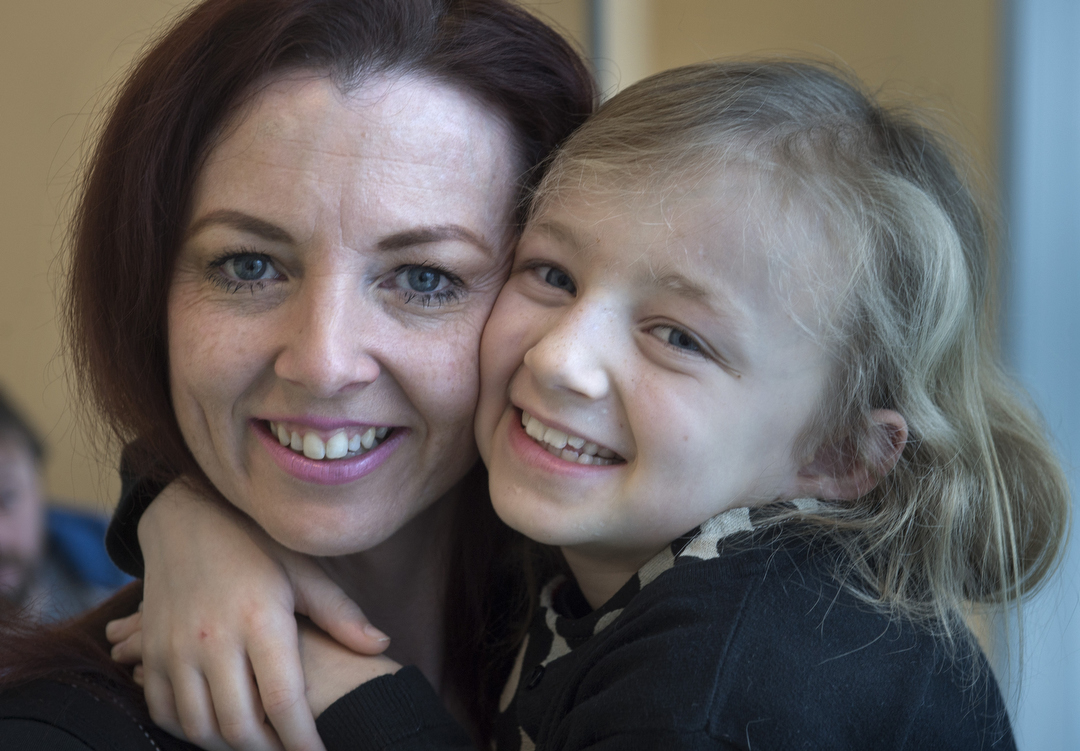
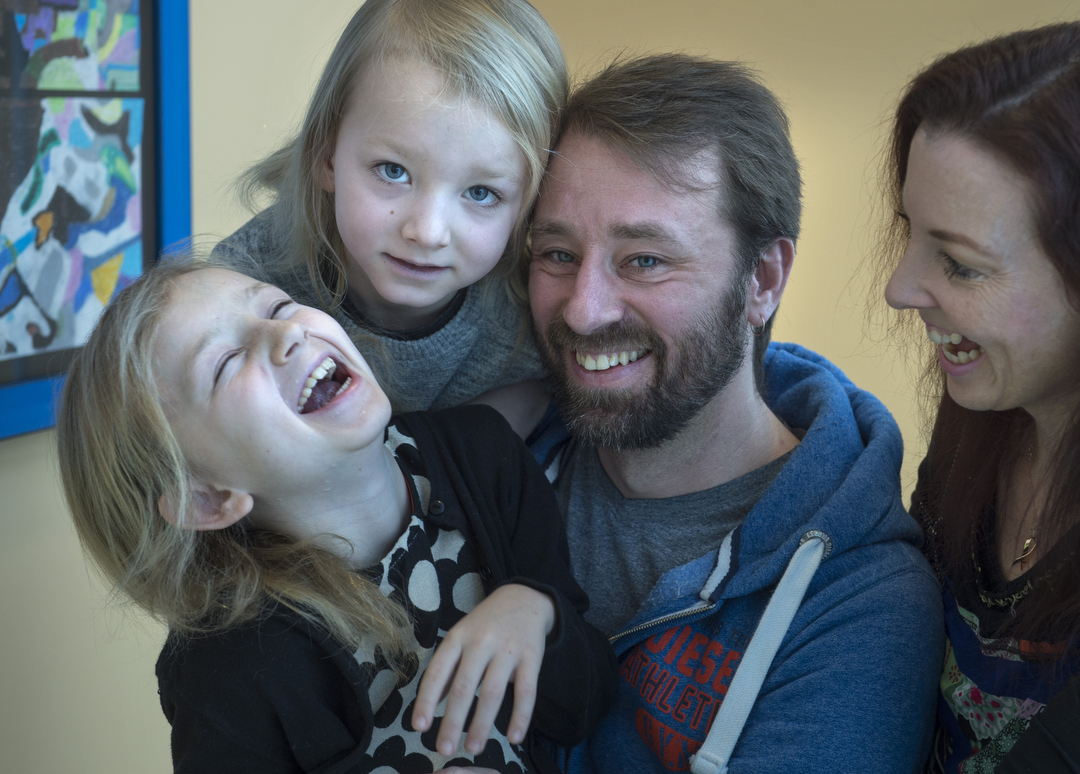
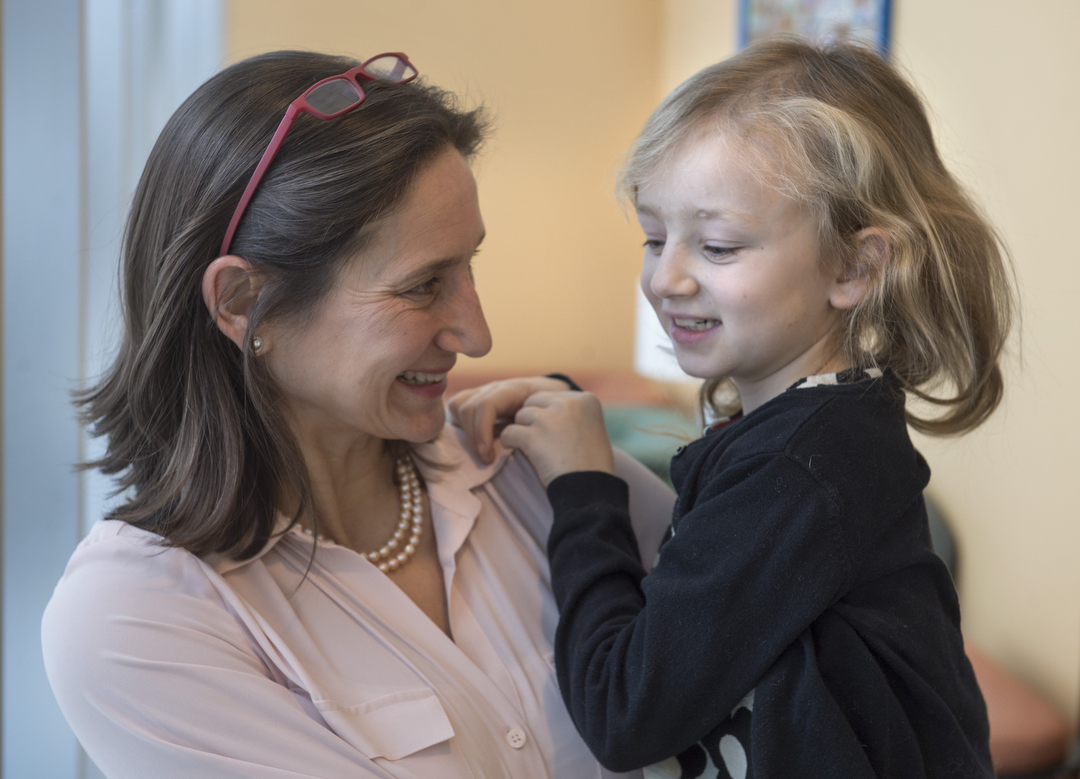
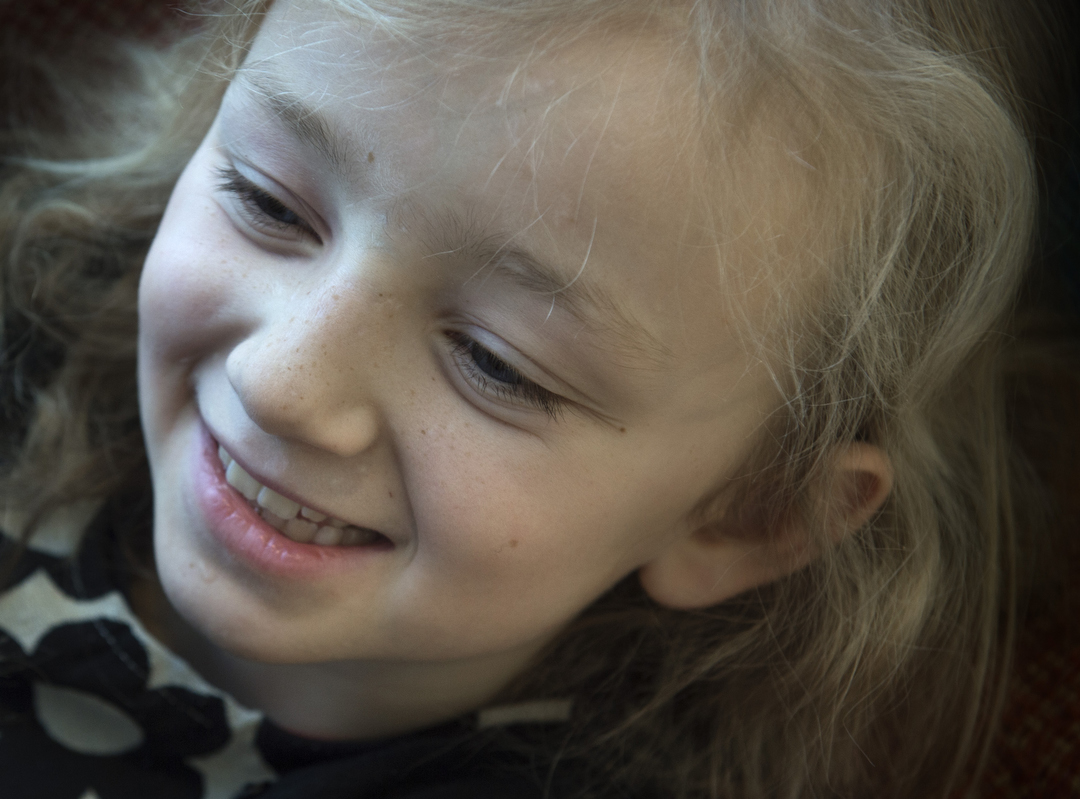
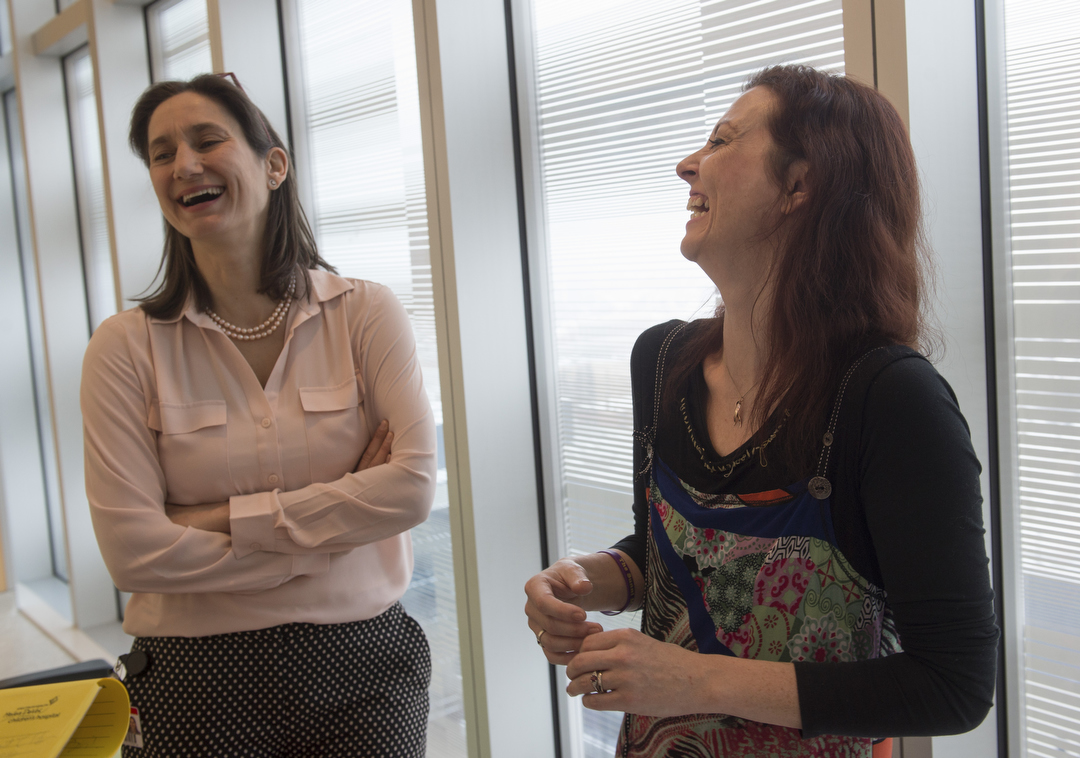

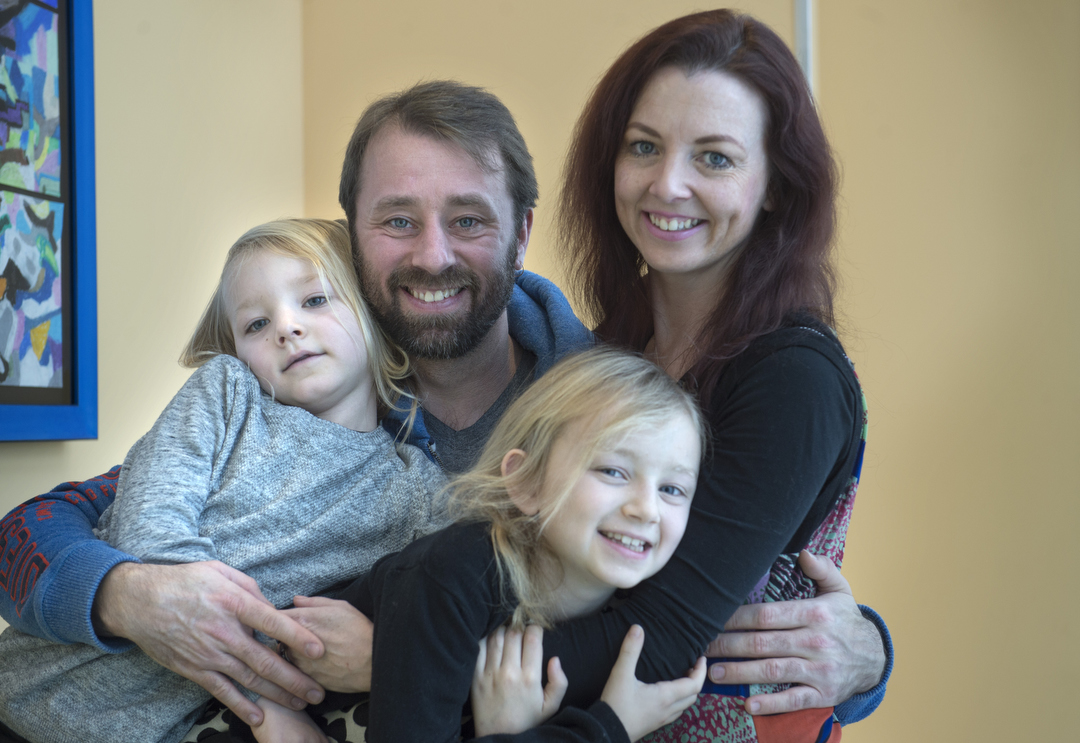
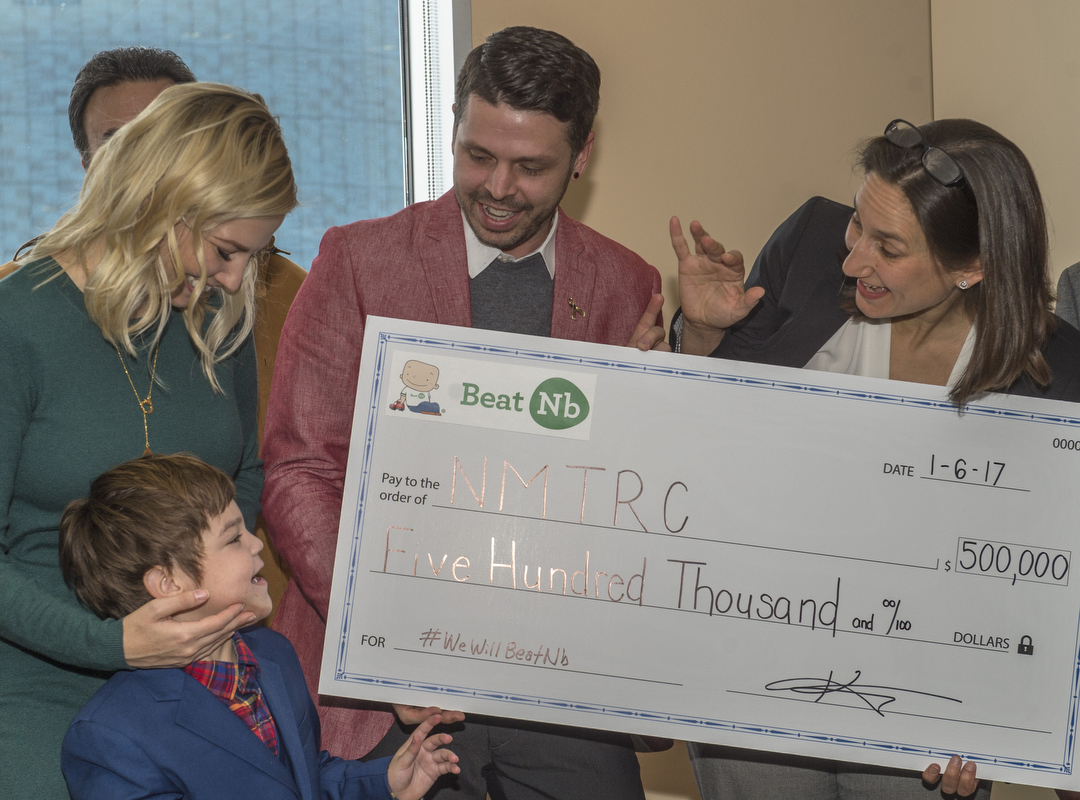

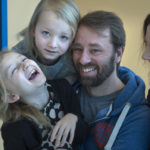






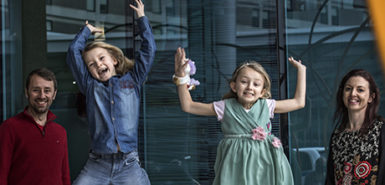 /a>
/a>
 /a>
/a>
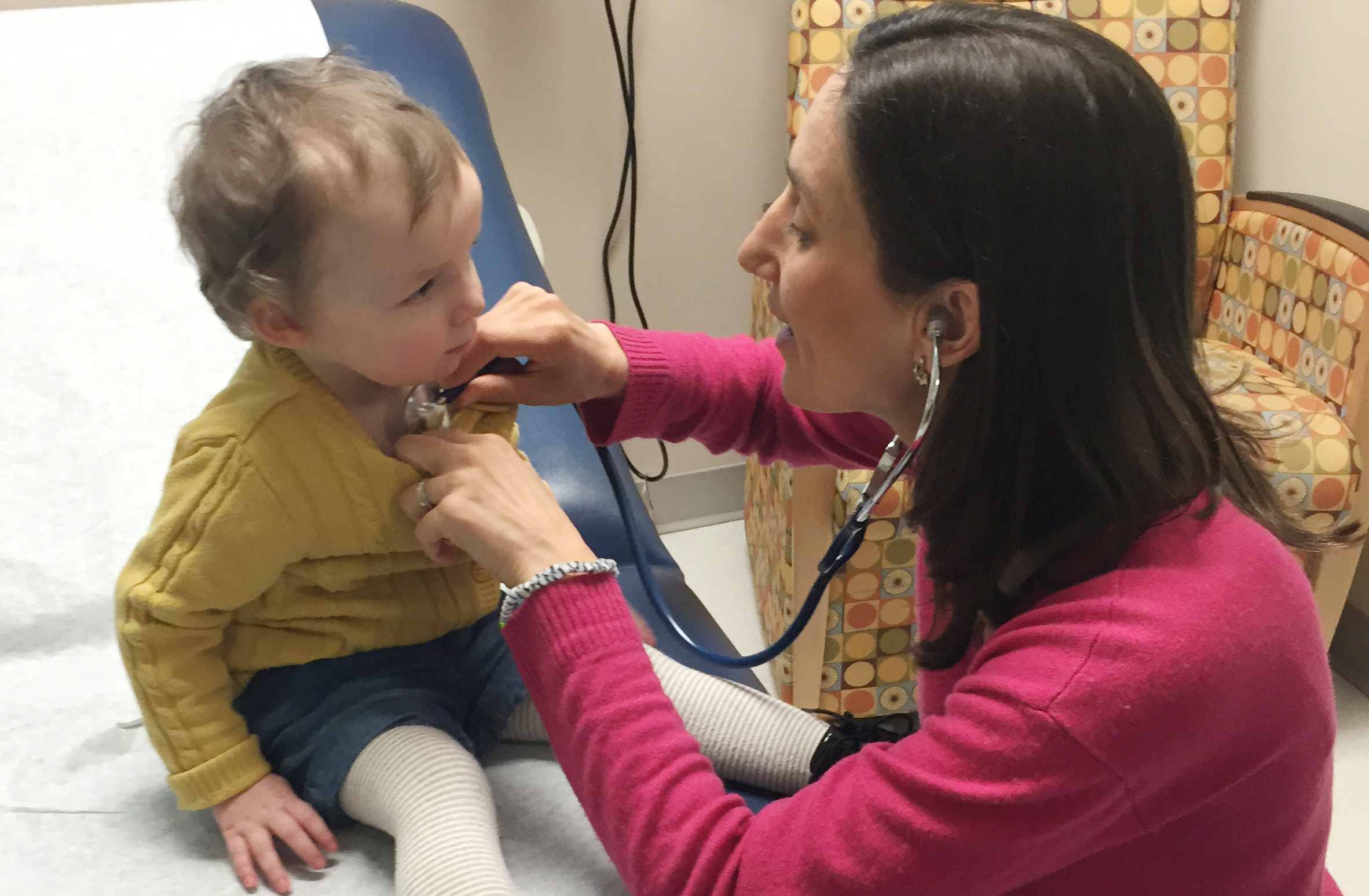 /a>
/a>